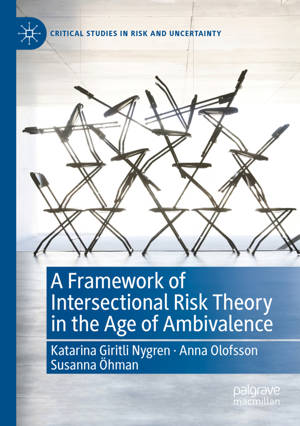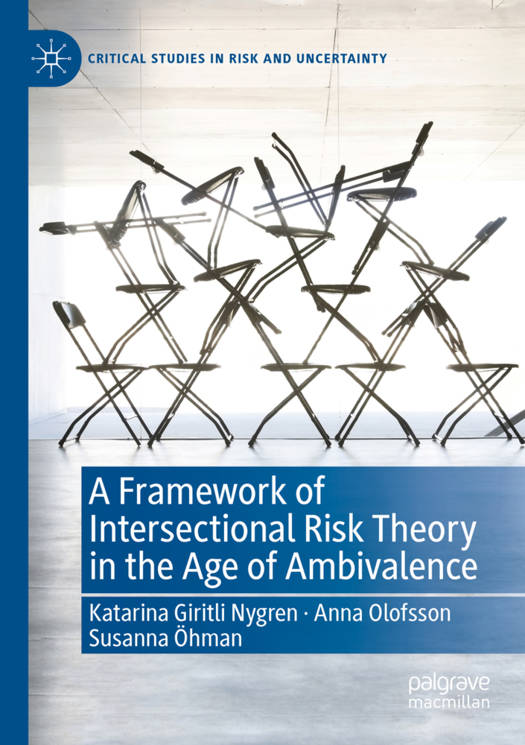
- Retrait gratuit dans votre magasin Club
- 7.000.000 titres dans notre catalogue
- Payer en toute sécurité
- Toujours un magasin près de chez vous
- Retrait gratuit dans votre magasin Club
- 7.000.0000 titres dans notre catalogue
- Payer en toute sécurité
- Toujours un magasin près de chez vous
A Framework of Intersectional Risk Theory in the Age of Ambivalence
Katarina Giritli Nygren, Anna Olofsson, Susanna ÖhmanDescription
This book brings feminist theories and concepts to the sociology of risk in an attempt to carve out a framework for intersectional risk theories in times of ambivalence.
The authors purport that risk is pervasive in the Global North, and is fast becoming a hegemonic governing principle. In order to understand this crucial aspect of society, sociological risk theories and risk analysis must go beyond power and social inequalities, to incorporate an intersectional risk approach that takes into account gender, race and other critical perspectives. Their proposed framework will provide the tools to assess how risk is situated in different configurations of power, revealing cracks and openings in the weft of power and rethinking risk governance in contemporary society.
By utilising an intersectional and nuanced analysis, the everyday understanding, practices and discourses of risk can be explored and better understood. This book will be of interest to scholars and students who value the importance of establishing interdisciplinary networks between risk theory, sociology, politics and more in order to study the contemporary world.
Spécifications
Parties prenantes
- Auteur(s) :
- Editeur:
Contenu
- Nombre de pages :
- 199
- Langue:
- Anglais
- Collection :
Caractéristiques
- EAN:
- 9783030335267
- Date de parution :
- 02-01-21
- Format:
- Livre broché
- Format numérique:
- Trade paperback (VS)
- Dimensions :
- 148 mm x 210 mm
- Poids :
- 254 g

Les avis
Nous publions uniquement les avis qui respectent les conditions requises. Consultez nos conditions pour les avis.






